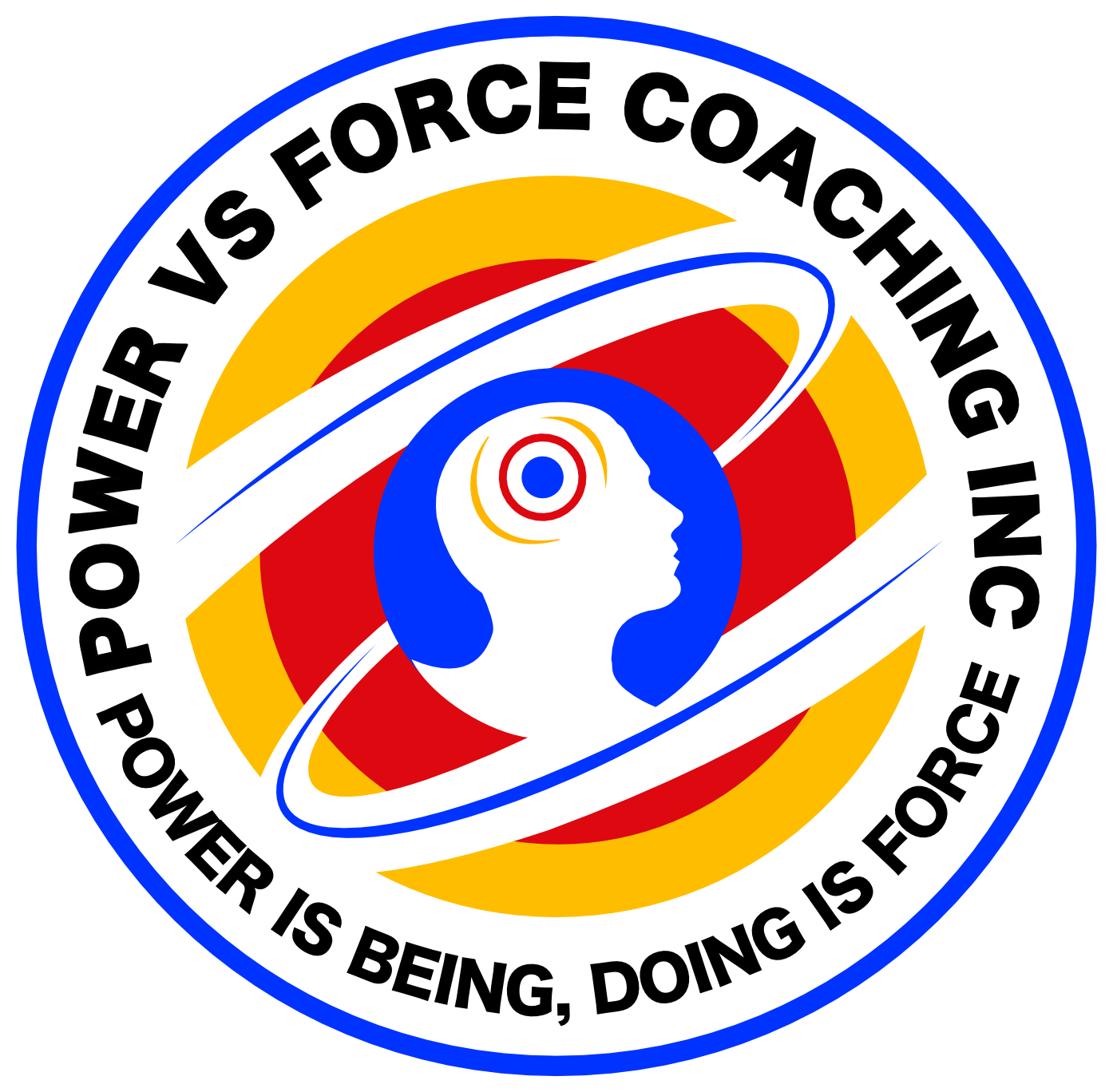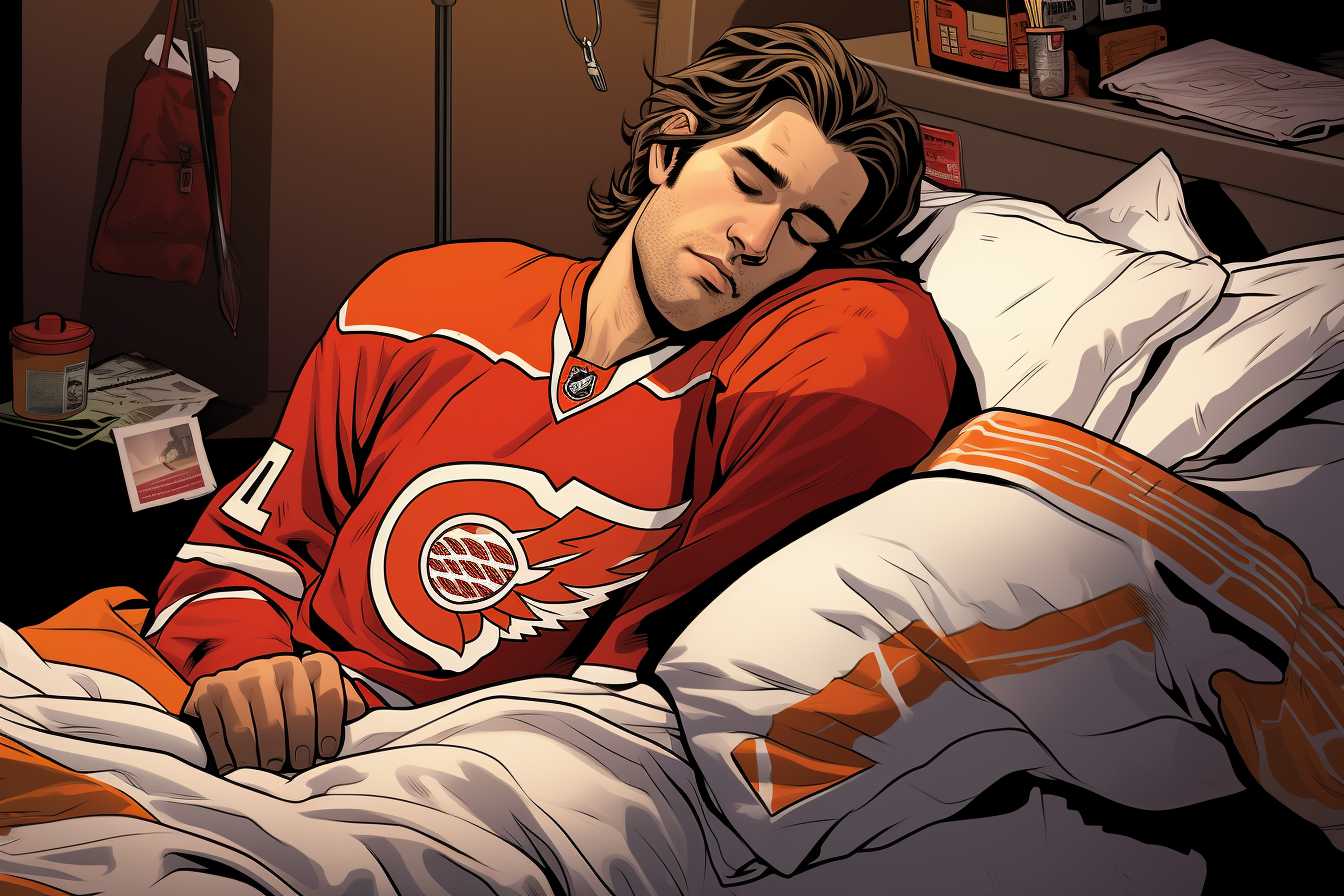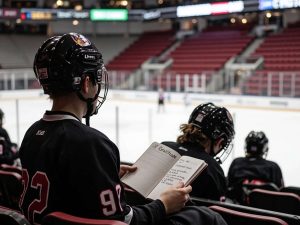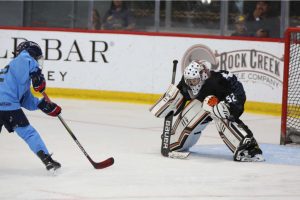Today, we are diving into a super important topic that often gets overlooked: the power of rest
and recovery. Especially for you young athletes aiming to play hockey at the elite level, understanding this can be a definite game-changer!
Rest and recovery are crucial for young athletes aspiring to play hockey at the elite level because
they allow the body to repair and rebuild, reducing the risk of injuries and improving overall
performance. By prioritizing rest and recovery, players can ensure they have the energy, focus,
and physical strength necessary to excel in hockey.
Why Rest Is Important
- Muscle Repair: When you play hockey, your muscles go through a lot of stress. Rest
gives them time to repair and grow stronger. Think of it like charging your phone – you
need to recharge to keep going! Resting allows your muscles to recover and replenish
their energy stores, ensuring that you can continue giving your best performance on the
ice. - Preventing Injuries: Constantly pushing your body without proper rest increases the risk
of injuries. By resting, you give your body a chance to heal and stay strong. Resting is
crucial for preventing injuries because it allows your body to recover from the physical
strain of playing hockey. Without adequate rest, your muscles and joints become fatigued
and more susceptible to sprains, strains, and other injuries. Additionally, rest gives your
body time to repair any micro-tears in the muscles, reducing the chance of developing
chronic overuse injuries. Therefore, taking regular rest days is not only beneficial for
muscle repair but also for preventing injuries and maintaining overall physical strength. - Better Performance: Surprisingly, resting can make you a better player. When you are
well-rested, your mind is clearer, and your body is more energized. This means quicker
decisions on the ice and better endurance. Resting allows your body to recharge and
replenish energy stores, leading to improved physical performance. With a clear mind
and increased energy levels, athletes can make quicker decisions on the ice and maintain
better endurance throughout the game. By prioritizing rest, players can enhance their
overall performance and maximize their potential on the ice. This can lead to a more
successful and impactful performance for both the individual player and the team.
The Role of Recovery
Recovery is not just about sitting on the couch and playing video games. It is an active process to
help your body bounce back stronger. Here are some key recovery strategies:
- Sleep: This one is a no-brainer but super important. Aim for 8-10 hours of quality sleep.
It is your body’s prime time to repair and recover. For example, let’s say a hockey player
recognizes the importance of rest and prioritizes getting a full 8-10 hours of quality sleep
each night. This allows their body to repair any muscle damage and replenish energy
stores, leading to improved endurance on the ice. As a result, the player can maintain a
high level of performance throughout the game and make impactful plays that contribute
to their team’s success. - Nutrition: Eating the right foods helps your body recover. Focus on a balanced diet with
plenty of proteins, carbohydrates, and healthy fats. Don’t forget to hydrate too! In
addition to rest and sleep, another crucial aspect of recovery is nutrition. It is essential to
prioritize eating quality food instead of relying on junk food. A balanced diet that
includes plenty of proteins, carbohydrates, and healthy fats provides the necessary
nutrients for the body to repair and recover effectively. Moreover, staying hydrated is
also important for aiding in the recovery process. By following these guidelines and
fueling the body with nutritious foods, individuals can enhance their overall performance
and contribute to their team’s success. - Stretching and Mobility Work: Light stretching or yoga can help in maintaining
flexibility and reducing muscle stiffness. Incorporating regular stretching and mobility
work into your routine can also improve your range of motion and prevent injuries.
Additionally, it promotes blood circulation, which aids in muscle recovery and reduces
post-workout soreness. - Mental Recovery: Mental rest is just as crucial as physical rest. Techniques like
meditation or simply doing activities you enjoy can help your mind relax and recover.
Engaging in activities that bring you joy, such as reading a good book or spending time
with loved ones, can provide a much-needed mental break and promote overall well-
being. Additionally, practicing mindfulness techniques like deep breathing or journaling
can help reduce stress and improve mental clarity, allowing you to recharge and perform
at your best.
Remember, rest and recovery are not signs of weakness; they are essential parts of becoming a
top-notch hockey player. By giving your body and mind the time they need to rest, you are
setting yourself up for success on the ice. Taking breaks and allowing yourself to rest is crucial
for maintaining physical and mental health. It allows your body to repair and rebuild, reducing
the risk of injuries and improving overall performance. So, do not underestimate the power of
rest and recovery in becoming an effective and successful hockey player. Stay healthy, stay
strong, and keep loving the game!





